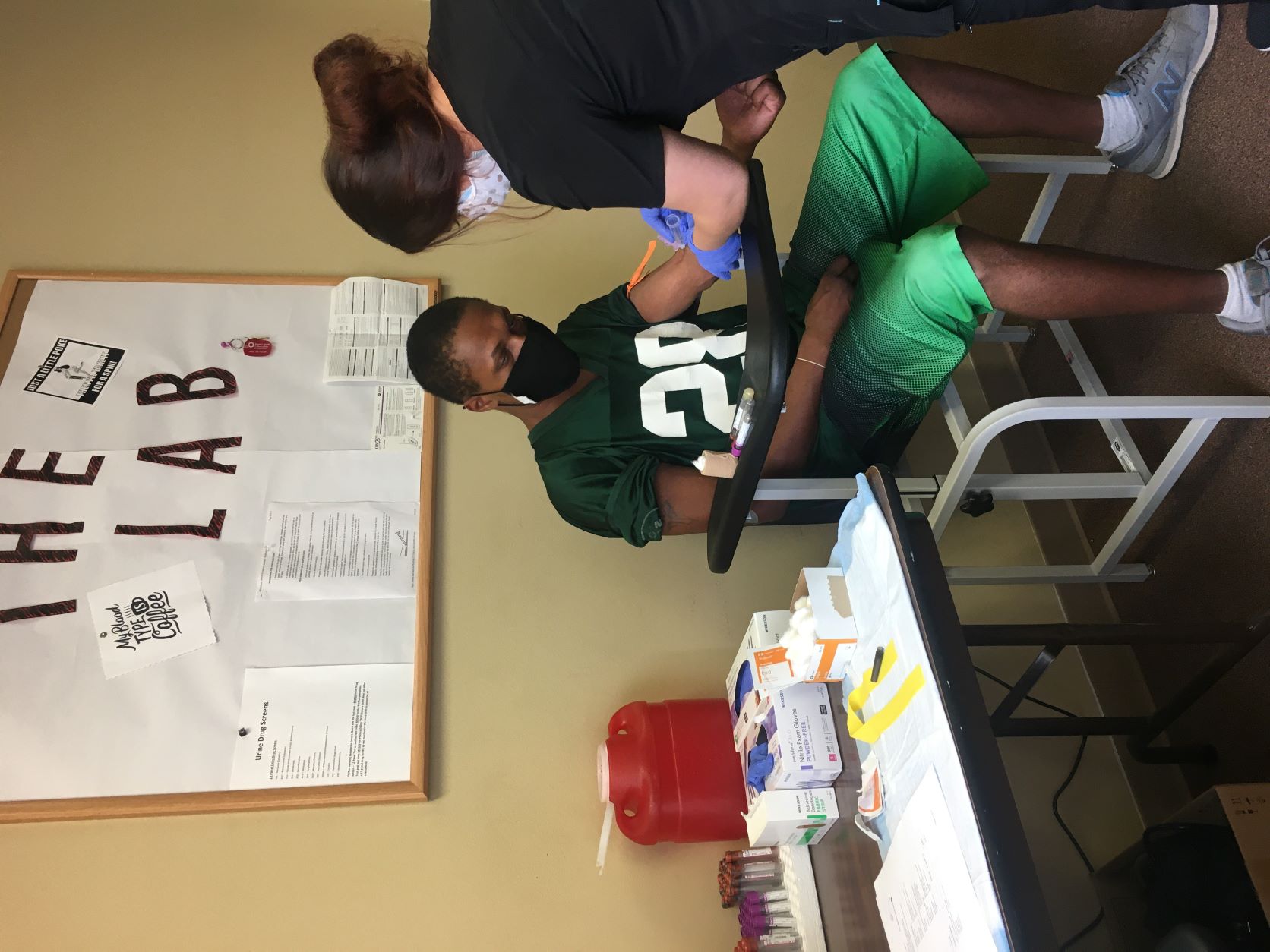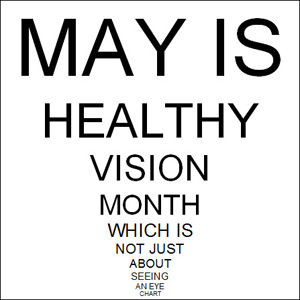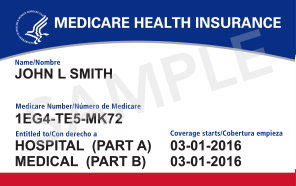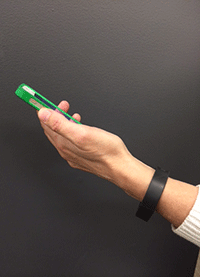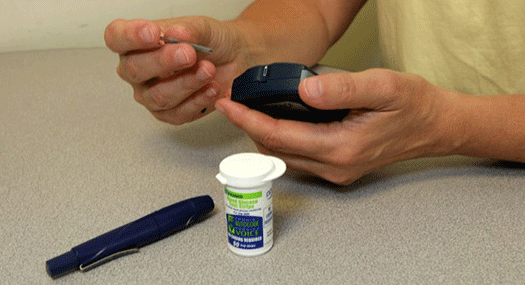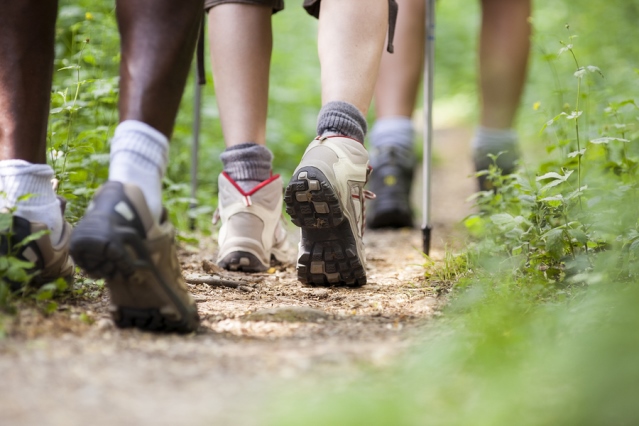Content tagged with this term
The doors to a healthcare facility open and a man walks in, using a white cane. You’re working the information desk. Do you know what to do?
You’re a phlebotomist and you enter a patient’s room. The sign above the bed states the patient is blind. Do you know what to do?
Editor's note: The National Eye Institute (NEI) has proclaimed May as Healthy Vision Month.— and the National Eye Institute (NEI) needs your help to Make Vision a Focus!
In September of this year, the Centers for Medicaid and Medicare Services (CMS) announced that redesigned cards will be issued to all Medicare recipients starting in April of 2018. This project is known as the Social Security Number Removal Initiative (SSNRI).
On October 4, 2017 AFB and the 21st Century Agenda on Aging and Vision Loss hosted a teleseminar, "Medicare Should Pay for Low Vision Devices: Views Through Different Lenses." We would like to thank all of the panelists (listed below) and participants who joined us for this informative discussion. A special thanks goes out to VFO who generously sponsored the event.
We join with members of the Consortium for Citizens with Disabilities (CCD) in strongly opposing the revised Better Care Reconciliation Act (BCRA). While we have serious concerns about many provisions of the BCRA, including a new provision that would dramatically increase costs for people with preexisting conditions, we cannot overstate the danger facing the millions of adults and children with disabilities if the bill’s Medicaid proposals are adopted by the Senate.
The American Foundation for the Blind is proud to be a member of Leadership Council of Aging Organizations (LCAO), the country’s preeminent coalition representing older Americans.
This week we joined the LCAO in expressing our strong opposition to provisions of the House-passed American Health Care Act (AHCA) because of the harm they would inflict on our nation’s seniors. The following are key points taken from a letter to Senate Majority Leader McConnell and Minority Leader Schumer.
We are deeply concerned that the AHCA would:
Tracking health and fitness is all the rage. Should you jump on the bandwagon? Can you? That is, are these tracking devices accessible to users who are blind?
I've tried two such devices: the Fitbit Flex™ (usually just called Fitbit) and the Up24™ from Jawbone.
Diabetes is a complex condition that, if not carefully managed and treated, can lead to complications such as diabetic retinopathy, which can cause "blind spots," blurring, and vision loss. The American Foundation for the Blind, in honor of National Diabetes Month, has gathered key resources to help you care for yourself when you have diabetes and vision loss. Please share these 8 critical resources on diabetes and diabetic retinopathy:
Take a Hike!
It's a great time of year to get outdoors and get moving, so AFB is talking about hiking as a recreational activity for people who are blind or visually impaired.
VisionAware's Ashley Nemeth shares her love of hiking and offers helpful tips on hiking with a cane and with a guide dog.
